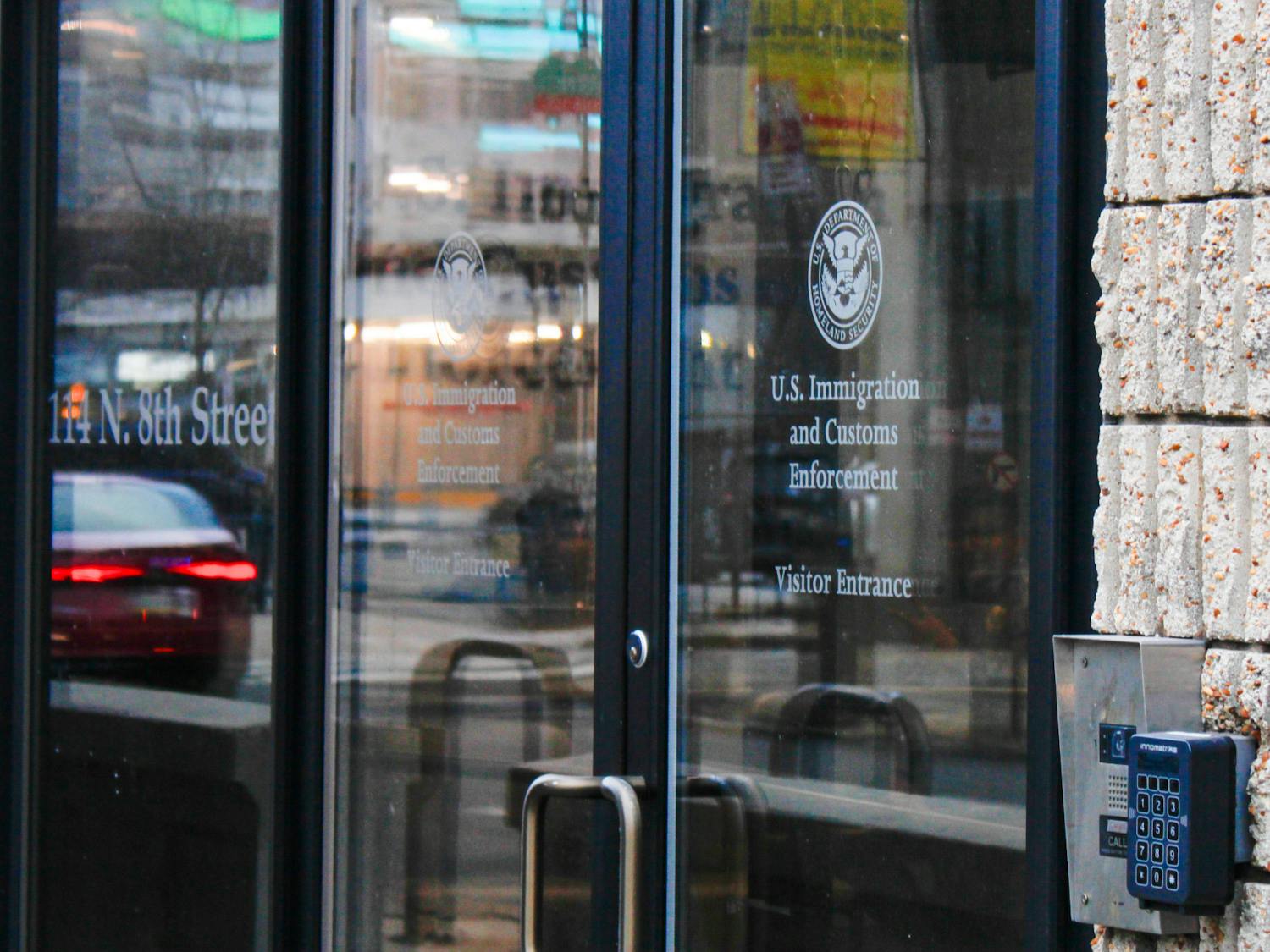As a freelance web designer, in the past two years, I have designed and programmed websites for more student organizations than I can remember. Penn students are fantastic people to work with: they come with purpose, speak in suave marketing jargon and demonstrate more professionalism than many working adults. Nonetheless, I have noticed that, with increased frequency, students simply outsource the responsibility of designing or coding to people like myself. I wonder whether we collaborate enough. Do students rely too much on the expertise of so-called professionals? I think so. Designers enjoy having creative freedom, but clients should not be excluded from the process.
The truth is that even internet illiterates can contribute. After all, we are all users. And users who do not need to worry about the consequences of their suggestions (i.e. creating more work) are in the best position to innovate. For example, a friend recently challenged me with an idea I had already ruled out: PennKey authentication in third-party applications. The search for reasons to say no led me to new knowledge and the question “why not?” I am strongly convinced that there is room for any student to become more involved. In fact, with present technology, anyone can learn to develop basic websites.
Basic, of course, is not enough for certain organizations, whose projects — national publicity campaigns, selling expensive concert tickets — may warrant something more sophisticated, thus requiring professional attention. However, the majority of campus groups only require a little bit more than basic, and that is a level that can be attained by amateurs who take time to understand what they’re doing.
Cost alone is one reason for students to step up in learning some web design. Clean-cut and aesthetically pleasing websites are expensive as many experienced web designers expect to be paid for their service. Most student organizations will not be willing to spend $300 on a website. In fact, the Student Activities Council does not even fund websites or web servers. SAC Chairwoman Ali Huberlie wrote in an e-mail that spending money on a web designer as “a pretty big luxury.” “Launching a website using a template doesn’t seem too hard,” Huberlie, a rising senior, explained. But professionally-created websites are “just not ‘essential’ to the group’s functioning when you can use a blog,” Huberlie wrote.
Besides, the number of websites waiting to be developed at Penn far exceeds the number of students with web ability. Engineering junior and web designer Nop Jiarathanakul revealed “I’ve gotten too many offers that I turned down.” Securing a good web designer may require more than cash. Tired of searching, students will have to resort to their inner geek. But what’s wrong with that? Student activities are meant to have some sort of educational value: students should take the opportunity to learn something new and expand their knowledge, be it moonlighting as a bouncer or learning a few lines of HTML.
This summer, rising Wharton and Engineering senior Jonathan Haski took his first digital design course, whichhe called his “favorite [course] at Penn so far.” For students who can fit an introductory course in design or programming into their schedule, PennDesign and the Engineering school will prove to be great resources. For those who cannot, fear not: online tutorials — my greatest teacher — are available in abundance.
Just as I never understood Shakespeare, not everyone will appreciate acronym-clad programming languages, but even a humble technical background can be extremely useful in communication and simple fix-ups. Gone are the days when web design was reserved for the experts. With user-driven technology like blogs, content management systems and Google Sites, it is easier than ever to build simple websites. This idea may seem far-fetched, but remember that word processing was considered a resume-worthy skill in the not-so-distant past. Next time, instead of depending on a professional, try taking matters into your own hands.
Cynthia Ip is a rising College junior from Hong Kong. She is the Undergraduate Assembly secretary. Her e-mail address is cynip@seas.upenn.edu.








